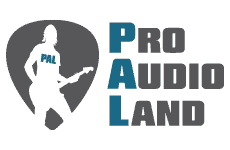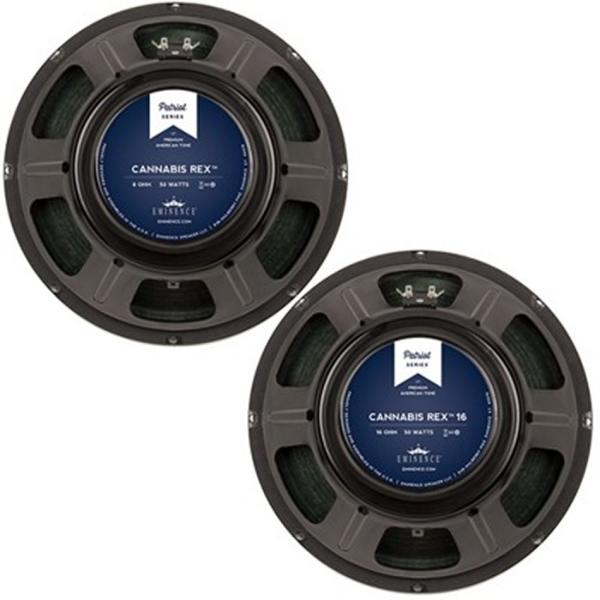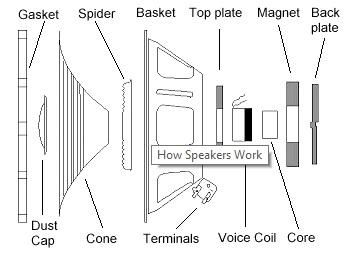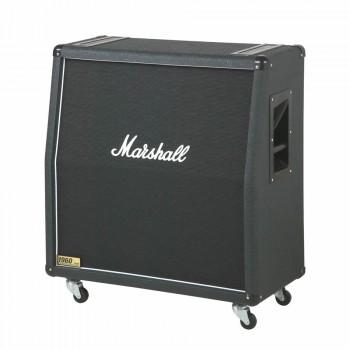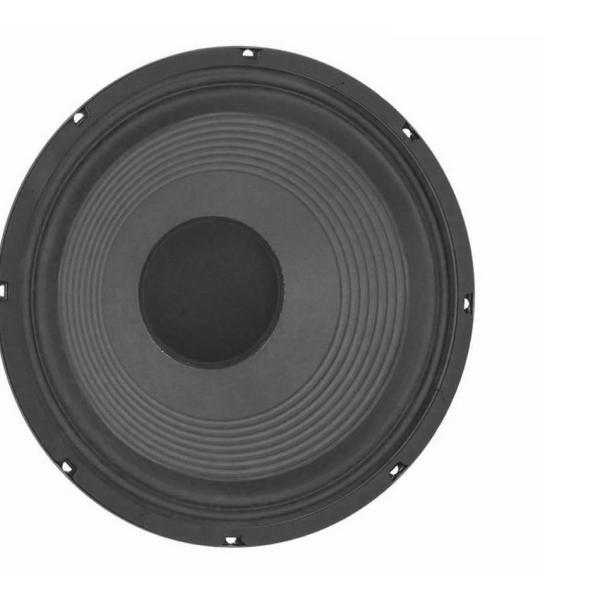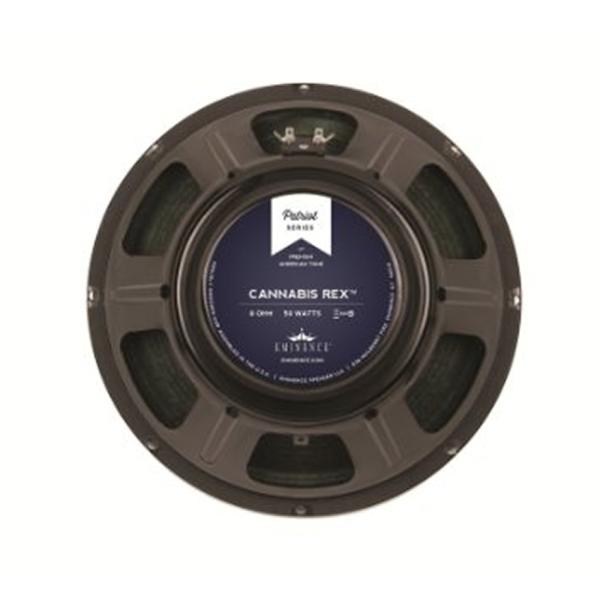Language
Speakers
-
Can I Match my Low-Watt Amp with Higher Wattage Speakers?
[caption id="attachment_2833" align="alignright" width="300"] Egnater Rebel-20 MARKII 20-watt Guitar Amplifier Head @ $599.99[/caption]
Q: I have a 50-watt tube amp. Would pairing it with 100-watt speaker cabinet cause any damage?
To answer your question – no, this specific setup is great and will not cause damage but before you go and match any lower wattage amp with a higher wattage speaker, know that it highly depends on what type of amp and cabinet you’re trying to match. In fact, sometimes you’ll even want a higher wattage amp and lower wattage speakers. Continue reading →
Egnater Rebel-20 MARKII 20-watt Guitar Amplifier Head @ $599.99[/caption]
Q: I have a 50-watt tube amp. Would pairing it with 100-watt speaker cabinet cause any damage?
To answer your question – no, this specific setup is great and will not cause damage but before you go and match any lower wattage amp with a higher wattage speaker, know that it highly depends on what type of amp and cabinet you’re trying to match. In fact, sometimes you’ll even want a higher wattage amp and lower wattage speakers. Continue reading → -
Speaker Power Ratings Explained
[caption id="attachment_2747" align="alignright" width="253"] Check out our selection of Eminence Speakers including the Lil' Texas, Screamin' Eagle and more![/caption]
Understanding a speaker's power rating can be pretty tough for those unfamiliar with the subject. What makes things even worse is that simply knowing the power handling of a speaker without considering the other details is pretty much worthless. Let our friends at Eminence help you better understand loudspeaker power ratings: Continue reading →
Check out our selection of Eminence Speakers including the Lil' Texas, Screamin' Eagle and more![/caption]
Understanding a speaker's power rating can be pretty tough for those unfamiliar with the subject. What makes things even worse is that simply knowing the power handling of a speaker without considering the other details is pretty much worthless. Let our friends at Eminence help you better understand loudspeaker power ratings: Continue reading → -
The Difference Between Open And Closed Back Cabinets
It's no secret that a player's choice in loudspeaker plays a big role in their tone. What's not as well know is that several elements other than the speaker itself also contributes to its sound, such as the type of cabinet. This includes the size of the cabinet, type of wood, thickness of baffle (the panel that the speaker is mounted to) and how the parts of cabinet are joined together. But out of all the elements of a cabinet's construction, the most significant aspect is arguably whether the back is opened or closed; The same amplifier will sound significantly different when driving speakers in either open back or closed back cabinets. Continue reading → -
The Importance Of A Speaker's Resonant Frequency
If you've ever taken a look at the specs a speaker you've probably noticed that they are labeled with a certain frequency, 55Hz or 75Hz for example. This parameter is known as the speaker's resonant frequency. Every object in the world has a resonant frequency. That's the frequency that the object will sound, or resonate, when struck. A lightweight object will generally have a higher resonant frequency than a heavy object. The weight of the object, however, is not the only determinant of resonant frequency as the density of the object also contributes a role. Continue reading → -
How Speakers Work
A great way to get the most out of your gear is to know exactly how it works. This will not only help you have a better understanding of how to address problems when they arise, but give you a better understanding of every facet that goes into your tone. With that in mind, we'd like to take a closer look at how speakers work, and who better to explain than the professionals at Eminence themselves: Continue reading →
